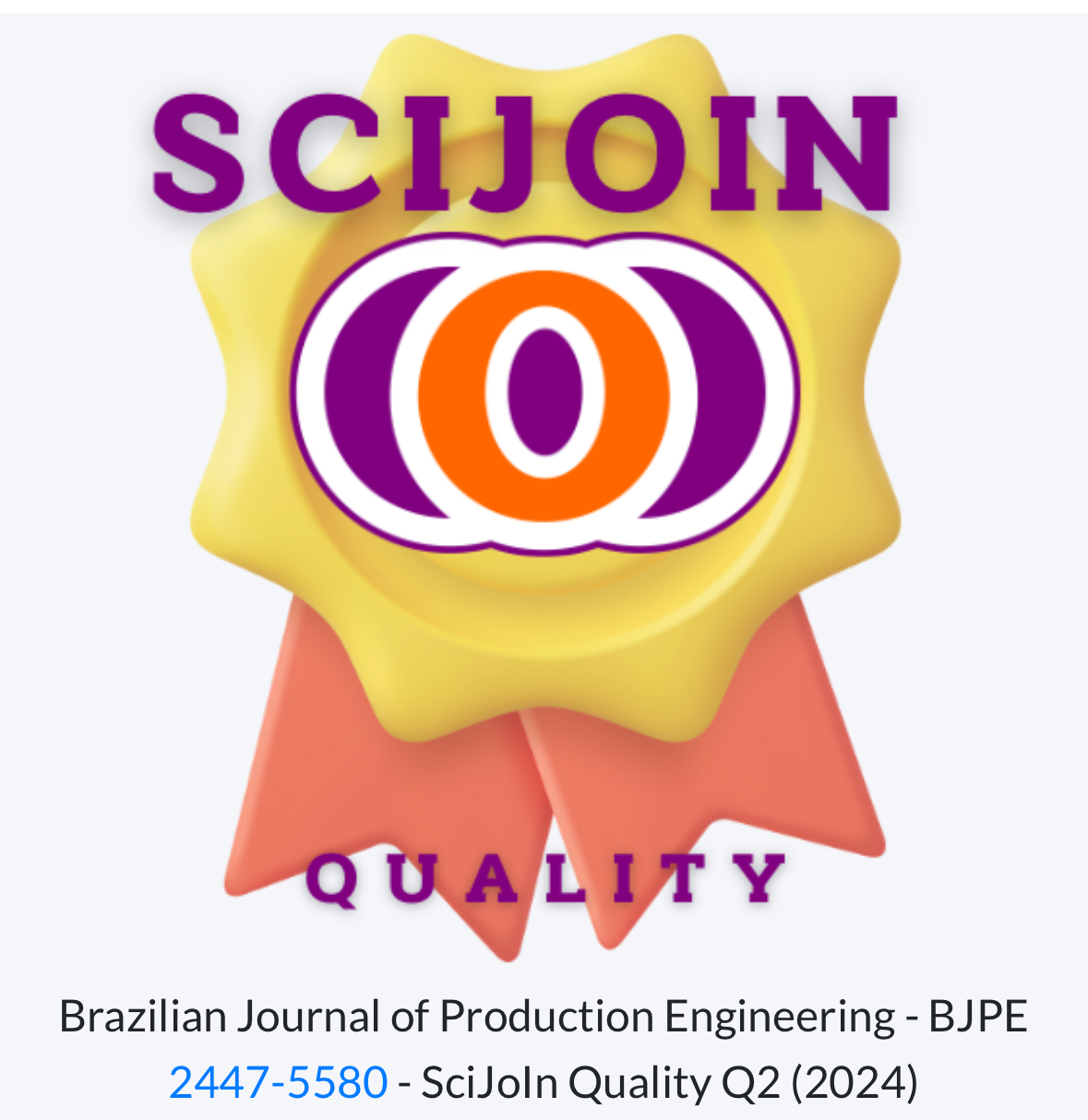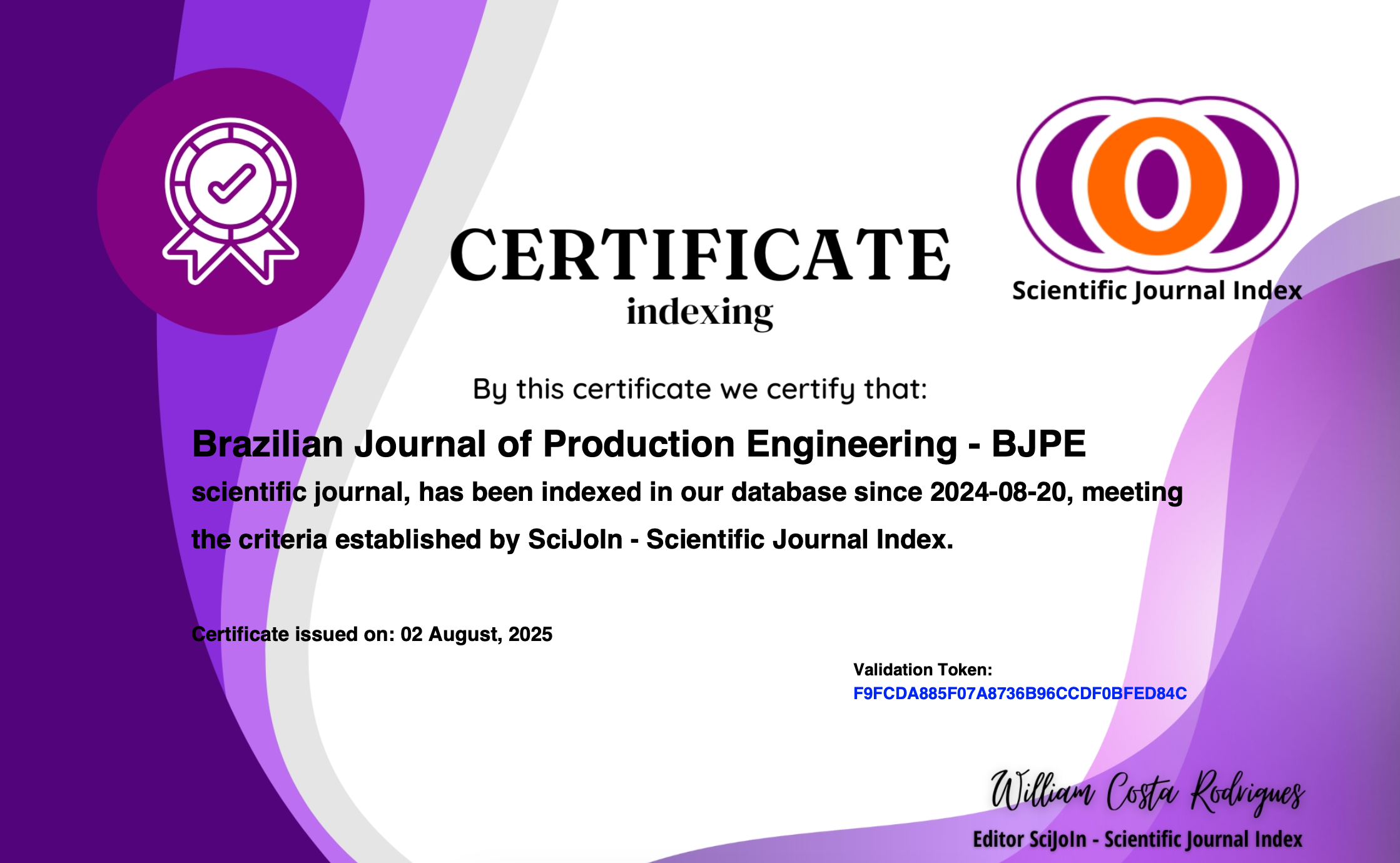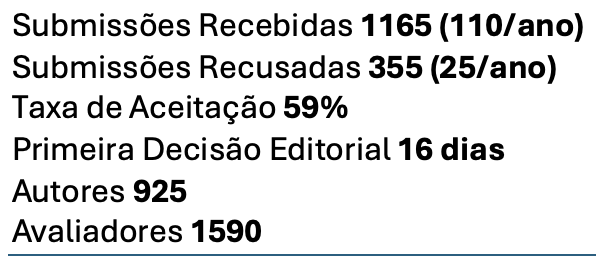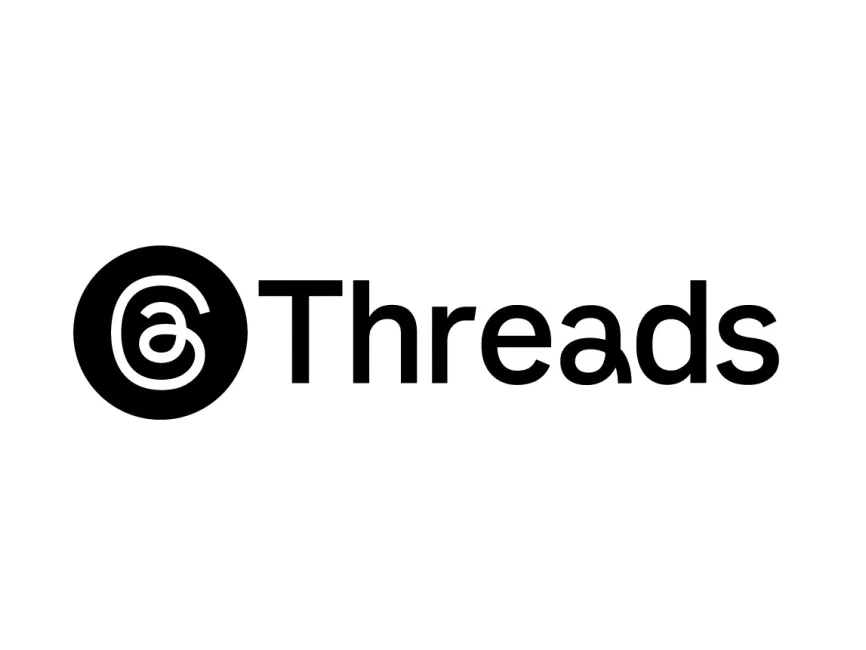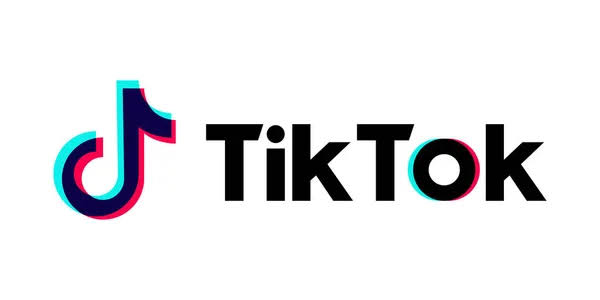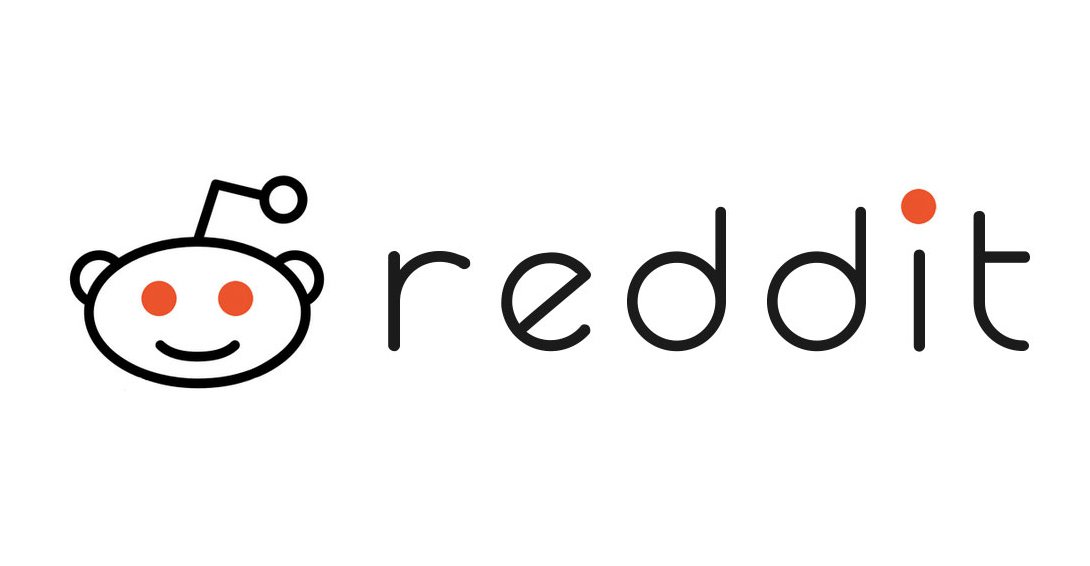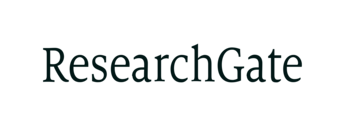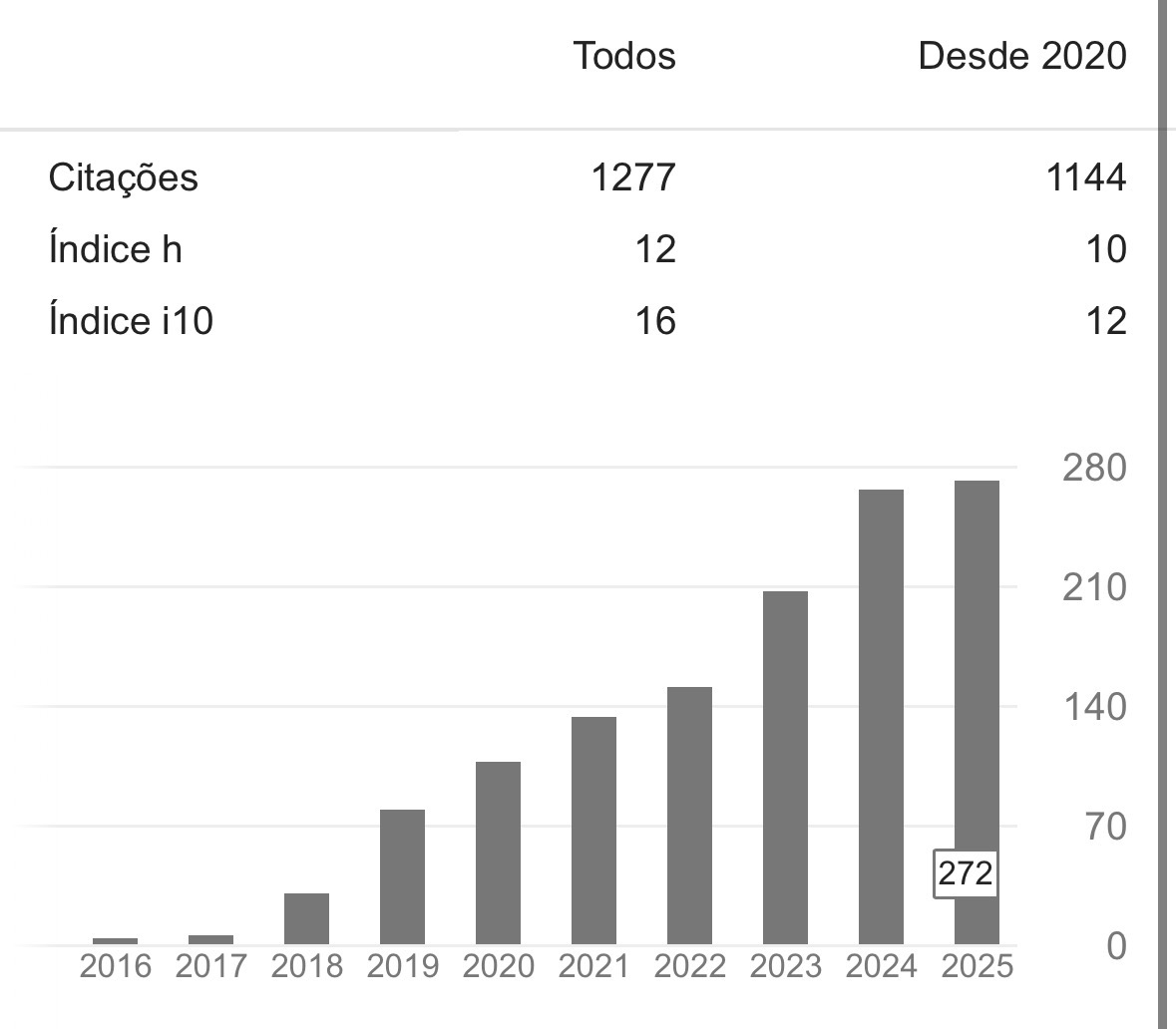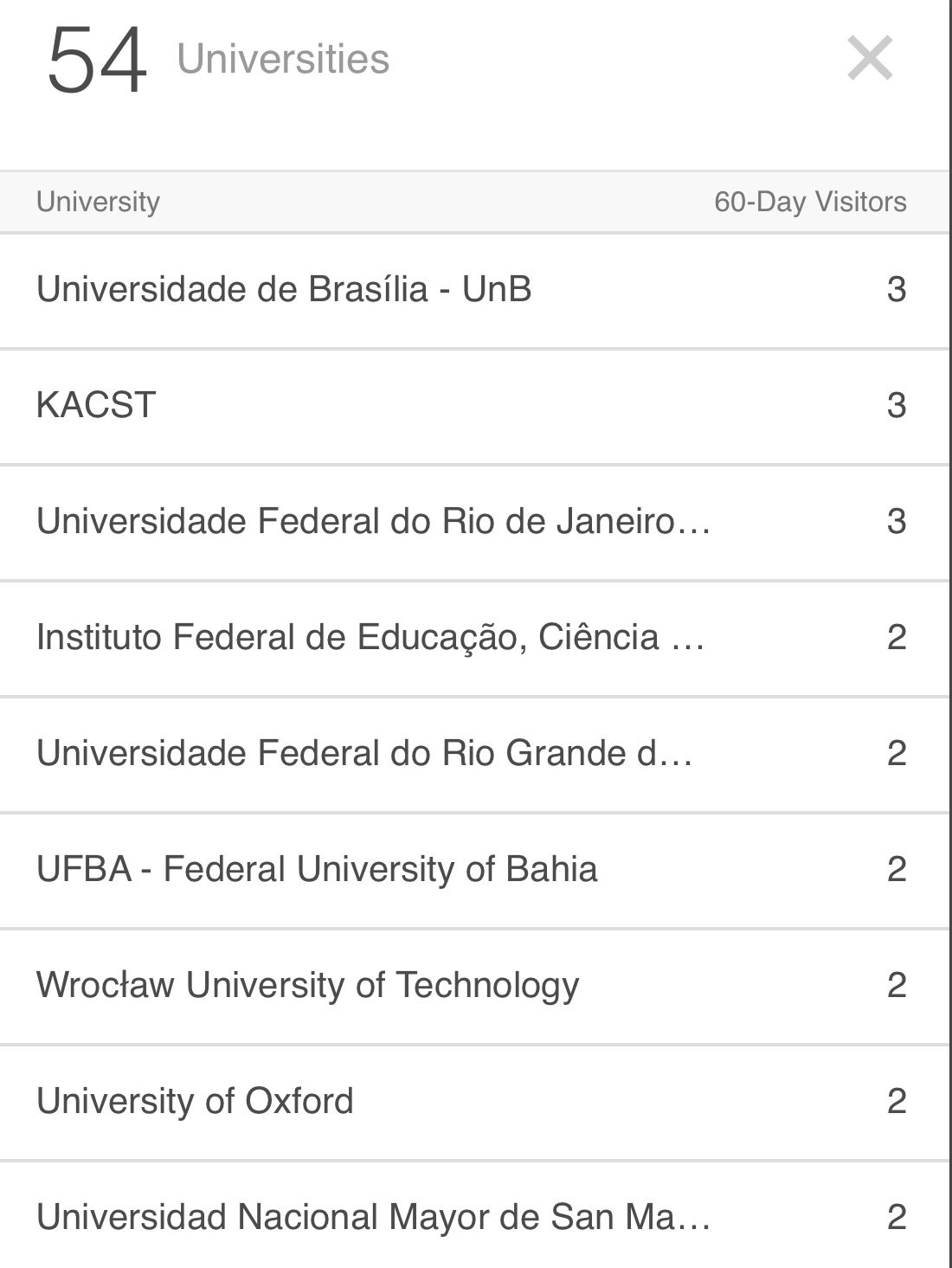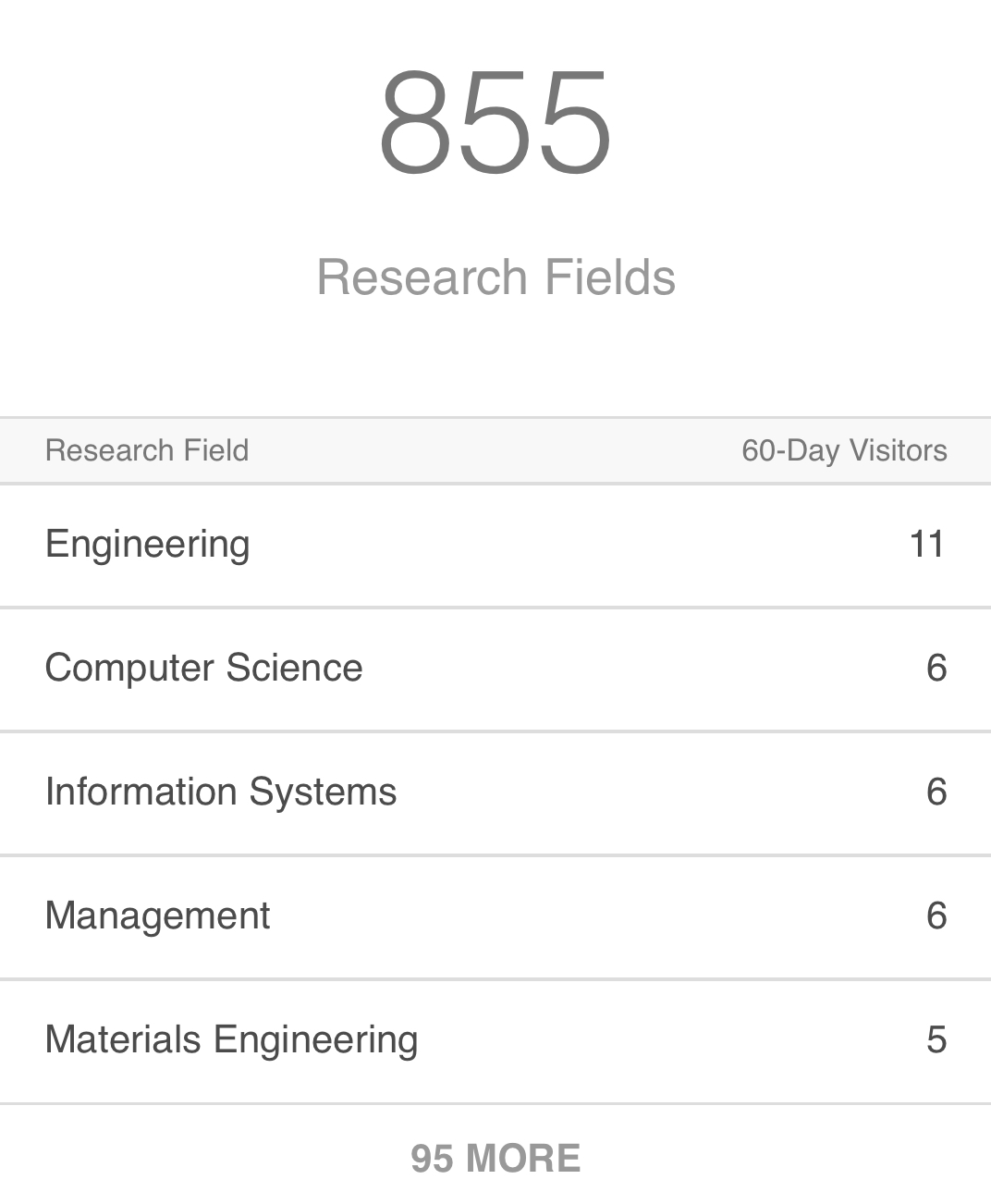Evaluation of reverse logistics sectoral agreements as mechanisms for promoting the circular economy
DOI:
https://doi.org/10.47456/bjpe.v11i1.46051Palavras-chave:
Solid Waste, Recycling, Systematic Review, Circularity, SWOT, SustainabilityResumo
The National Solid Waste Policy (PNRS) and Reverse Logistics (RL) are aligned with the principles of the Circular Economy (CE). However, this study aims to assess whether the Sectoral Agreements (SA) for Waste Reverse Logistics, provided in PNRS, contribute to the development of a more circular economy. Firstly, it was necessary to define the foundations of CE through a systematic review of other reviews. After analyzing 36 articles, it was possible to describe 9 CE themes related to life cycle, resource use, design and waste recovery. The SAs were evaluated to determine whether they aligned with the themes or not. The results show that the Agreements comply with the legislation in terms of stakeholder responsibility, but do not favor CE. The one that came closest to EC CE was the Agreement of lubricant oil packaging, by introducing recycled material into the manufacture of new products. There is plenty of room for improvement in SAs to make the reverse waste cycle more circular, such as industrial symbiosis, eco-design, life cycle extension and circular business models.
Downloads
Referências
Ahmed, F. & Lira, J. R. P. (2024). A logística reversa e o acordo setorial na Federação Ecológica. Petróleo Royalties E Região, 21(73). https://doi.org/10.36398/bprr.v21i73.147
Alcalde-Calonge, A., Sáez-Martínez, F. J., & Ruiz-Palomino, P. (2022). Evolution of research on circular economy and related trends and topics. A thirteen-year review. Ecological Informatics, 70, 101716. https://doi.org/10.1016/j.ecoinf.2022.101716
Alhawari, O., Awan, U., Bhutta, M. K. S., & Ülkü, M. A. (2021). Insights from circular economy literature: a review of extant definitions and unravelling paths to future research. Sustainability, 13(2), 859. https://doi.org/10.3390/su13020859
Anaruma, J. F. P., Oliveira, J. H. C. D., Anaruma Filho, F., Freitas, W. R. D. S., & Teixeira, A. A. (2022). The first two decades of circular economy in the 21st century: a bibliographic review. Benchmarking: An International Journal, 29(9), 2691–2709. https://doi.org/10.1108/BIJ-01-2021-0029
Arruda, E. H., Melatto, R. A. P. B., Levy, W., & Conti, D. D. M. (2021). Circular economy: A brief literature review (2015–2020). Sustainable Operations and Computers, 2, 79-86. https://doi.org/10.1016/j.susoc.2021.05.001
Associação Brasileira de Resíduos e Meio Ambiente. (2023). Panorama dos resíduos sólidos no Brasil 2023. Retrieved from https://www.abrema.org.br/wp-content/uploads/dlm_uploads/2024/03/Panorama_2023_P1.pdf
Assunção, G. M. de. (2019). A gestão ambiental rumo à economia circular: como o Brasil se apresenta nessa discussão. Sistemas & Gestão, 14(2), 223-231. https://doi.org/10.20985/1980-5160.2019.v14n2.1543
Baldim, M. L. L. S., Guedes, L. C. V., & Camarini, G. (2020). Política nacional de resíduos sólidos: possibilidades para o desenvolvimento sustentável urbano. Profanações, 7(esp.2), 6-25. https://doi.org/10.24302/prof.v7iesp.2.2978
Banguera, L. A., Sepúlveda, J. M., Ternero, R., Vargas, M., & Vásquez, Ó. C. (2018). Reverse logistics network design under extended producer responsibility: The case of out-of-use tires in the Gran Santiago city of Chile. International Journal of Production Economics, 205, 193-200. https://doi.org/10.1016/j.ijpe.2018.09.006
Bauman, Z. (2022). Vida para consumo: a transformação das pessoas em mercadorias. 2a ed. Zahar. 200p.
Blomsma, F. & Brennan, G. (2017). The emergence of circular economy: a new framing around prolonging resource productivity. Journal of Industrial Ecology, 21(3), 603-614. https://doi.org/10.1111/jiec.12603
Bona, N. S., Silva, S. D., Hofer, E., & Ramos, J. G. V. D. S. (2023). SWOT Matrix as a tool for diagnosing the municipal water supply system of a small city: a case study. Revista Eletrônica Em Gestão, Educação e Tecnologia Ambiental, 27, e5. https://doi.org/10.5902/2236117071425
Bouzon, M., Govindan, K., Rodriguez, C. M. T., & Campos, L. M. S. (2016). Identification and analysis of reverse logistics barriers using fuzzy Delphi method and AHP. Resources, Conservation and Recycling, 108, 182-197. https://doi.org/10.1016/j.resconrec.2015.05.021
Bozzini, A. C. & Schalch, V. (2022). A matriz SWOT como ferramenta de análise para subsidiar a criação de consórcio intermunicipal na gestão e gerenciamento de resíduos sólidos urbanos. Research, Society and Development, 11(2), e42711225643. https://doi.org/10.33448/rsd-v11i2.25643
Brasil. (2010). Lei nº 12.305, de 2 de agosto de 2010. Institui a Política Nacional de Resíduos Sólidos; altera a Lei no 9.605, de 12 de fevereiro de 1998; e dá outras providências. Retrieved from http://www.planalto.gov.br/ccivil_03/_ato2007-2010/2010/lei/l12305.htm
Brasil. (2022). Decreto nº 10.936, de 12 de janeiro de 2022. Regulamenta a Lei nº 12.305, de 2 de agosto de 2010, que institui a Política Nacional de Resíduos Sólidos. Retrieved from https://www2.camara.leg.br/legin/fed/decret/2022/decreto-10936-12-janeiro-2022-792233-publicacaooriginal-164412-pe.html
Brasil. (2024). Projeto de Lei n° 1874, de 2022. Institui a Política Nacional de Economia Circular e altera a Lei n° 10.332, de 19 de dezembro de 2001, a Lei no 12351, de 22 de dezembro de 2010, e a Lei no 14133, de 10 de abril de 2021, adequá-las à nova política. Retrieved from https://www25.senado.leg.br/web/atividade/materias/-/materia/153918
Castro, C. G., Trevisan, A. H., Pigosso, D. C. A., & Mascarenhas, J. (2022). The rebound effect of circular economy: Definitions, mechanisms and a research agenda. Journal of Cleaner Production, 345, 131136. https://doi.org/10.1016/j.jclepro.2022.131136
Cerqueira-Streit, J. A., & Guarnieri, P. (2023). Logística reversa e economia circular: alterações recentes nas políticas públicas e o potencial de desenvolvimento. Revista Economia Política do Desenvolvimento, 14(31), 04-28. https://doi.org/10.28998/2594-598X.2023v14n31p04-28
Corona, B., Shen, L., Reike, D., Rosales Carreón, J., & Worrell, E. (2019). Towards sustainable development through the circular economy - A review and critical assessment on current circularity metrics. Resources, Conservation and Recycling, 151, 104498. https://doi.org/10.1016/j.resconrec.2019.104498
Corvellec, H., Stowell, A. F., & Johansson, N. (2022). Critiques of the circular economy. Journal of Industrial Ecology, 26(2), 421–432. https://doi.org/10.1111/jiec.13187
Cosenza, J. P., Andrade, E. M. D., & Assunção, G. M. D. (2020). Economia circular como alternativa para o crescimento sustentável brasileiro: análise da Política Nacional de Resíduos Sólidos. Revista de Gestão Ambiental e Sustentabilidade, 9(1), e16147. https://doi.org/10.5585/geas.v10i10.16147
Couto, M. C. L. & Lange, L. C. (2017). Análise dos sistemas de logística reversa no Brasil. Engenharia Sanitária e Ambiental, 22(5), 889-898. https://doi.org/10.1590/s1413-41522017149403
Demajorovic, J. & Massote, B. (2017). Acordo setorial de embalagem: avaliação à luz da responsabilidade estendida do produtor. Revista de Administração de Empresas, 57, 470-482. https://doi.org/10.1590/S0034-759020170505
Deutz, P. (2020). Circular Economy. In International encyclopedia of human geography (pp. 193-201). Elsevier. https://doi.org/10.1016/B978-0-08-102295-5.10630-4
Dimitrova, V. & Gallucci, T. (2017). Reverse logistics and circular economy - working together? Izvestia Journal of the Union of Scientists - Varna. Economic Sciences Series, 2, 13-20. https://ideas.repec.org//a/vra/journl/y2017i2p13-20.html
Ellen MacArthur Foundation. (2017). A circular economy in brazil: an initial exploration. Retrieved from https://www.ellenmacarthurfoundation.org/assets/downloads/A-Circular-Economy-in-Brazil-Aninitial-exploration.pdf
Friant, M. C., Vermeulen, W. J. V., & Salomone, R. (2020). A typology of circular economy discourses: Navigating the diverse visions of a contested paradigm. Resources, Conservation and Recycling, 161, 104917. https://doi.org/10.1016/j.resconrec.2020.104917
Geisendorf, S. & Pietrulla, F. (2018). The circular economy and circular economic concepts- a literature analysis and redefinition. Thunderbird International Business Review, 60(5), 771-782. https://doi.org/10.1002/tie.21924
Geissdoerfer, M., Savaget, P., Bocken, N. M. P., & Hultink, E. J. (2017). the circular economy - a new sustainability paradigm? Journal of Cleaner Production, 143, 757-768. https://doi.org/10.1016/j.jclepro.2016.12.048
Ghisellini, P., Cialani, C., & Ulgiati, S. (2016). A review on circular economy: the expected transition to a balanced interplay of environmental and economic systems. Journal of Cleaner Production, 114, 11–32. https://doi.org/10.1016/j.jclepro.2015.09.007
Godecke, M. V., Naime, R. H., & Figueiredo, J. A. S. (2013). O consumismo e a geração de resíduos sólidos urbanos no Brasil. Revista Eletrônica Em Gestão, Educação e Tecnologia Ambiental, 8(8), 1700–1712. https://doi.org/10.5902/223611706380
Goyal, S., Chauhan, S., & Mishra, P. (2021). Circular economy research: A bibliometric analysis (2000–2019) and future research insights. Journal of Cleaner Production, 287, 125011. https://doi.org/10.1016/j.jclepro.2020.125011
Guarnieri, P., Camara E Silva, L., Xavier, L. H., & Chaves, G. L. D. (2020a). Recycling challenges for electronic consumer products to e-waste: a developing countries’ perspective. In A. Khan, Inamuddin, & Asiri, A. M. (Eds.), E-waste Recycling and Management, 33, 81-110. Springer International Publishing. https://doi.org/10.1007/978-3-030-14184-4_5
Guarnieri, P., Cerqueira-Streit, J. A., & Batista, L. C. (2020b). Reverse logistics and the sectoral agreement of packaging industry in Brazil towards a transition to circular economy. Resources, Conservation and Recycling, 153, 104541. https://doi.org/10.1016/j.resconrec.2019.104541
Halog, A. & Anieke, S. (2021). A review of circular economy studies in developed countries and its potential adoption in developing countries. Circular Economy and Sustainability, 1(1), 209-230. https://doi.org/10.1007/s43615-021-00017-0
Harris, S., Martin, M., & Diener, D. (2021). Circularity for circularity’s sake? Scoping review of assessment methods for environmental performance in the circular economy. Sustainable Production and Consumption, 26, 172-186. https://doi.org/10.1016/j.spc.2020.09.018
Helander, H., Petit‐Boix, A., Leipold, S., & Bringezu, S. (2019). How to monitor environmental pressures of a circular economy: An assessment of indicators. Journal of Industrial Ecology, 23(5), 1278-1291. https://doi.org/10.1111/jiec.12924
Henry, M., Bauwens, T., Hekkert, M., & Kirchherr, J. (2020). A typology of circular start-ups: An Analysis of 128 circular business models. Journal of Cleaner Production, 245, 118528. https://doi.org/10.1016/j.jclepro.2019.118528
Henry, M., Schraven, D., Bocken, N., Frenken, K., Hekkert, M., & Kirchherr, J. (2021). The battle of the buzzwords: A comparative review of the circular economy and the sharing economy concepts. Environmental Innovation and Societal Transitions, 38, 1-21. https://doi.org/10.1016/j.eist.2020.10.008
Hernández, C. T. & Bitencourt, J. D. S. (2024). Impacto da política nacional de resíduos sólidos nas práticas de logística reversa. RACE - Revista de Administração, Contabilidade e Economia, 1-26. https://doi.org/10.18593/race.32776
Heshmati, A. (2017). A review of the circular economy and its implementation. International Journal of Green Economics, 11(3/4), 251. https://doi.org/10.1504/IJGE.2017.089856
Homrich, A. S., Galvão, G., Abadia, L. G., & Carvalho, M. M. (2018). The circular economy umbrella: Trends and gaps on integrating pathways. Journal of Cleaner Production, 175, 525-543. https://doi.org/10.1016/j.jclepro.2017.11.064
Julianelli, V., Caiado, R. G. G., Scavarda, L. F., & Cruz, S. P. D. M. F. (2020). Interplay between reverse logistics and circular economy: Critical success factors-based taxonomy and framework. Resources, Conservation and Recycling, 158, 104784. https://doi.org/10.1016/j.resconrec.2020.104784
Kalmykova, Y., Sadagopan, M., & Rosado, L. (2018). Circular economy - From review of theories and practices to development of implementation tools. Resources, Conservation and Recycling, 135, 190-201. https://doi.org/10.1016/j.resconrec.2017.10.034
Khan, S. A. R., Shah, A. S. A., Yu, Z., & Tanveer, M. (2022). A systematic literature review on circular economy practices: challenges, opportunities and future trends. Journal of Entrepreneurship in Emerging Economies, 14(5), 754-795. https://doi.org/10.1108/JEEE-09-2021-0349
Kim, J. H. K., Conte, G. G., & Ometto, A. R. (2018). Similaridade entre os conceitos de economia circular e política nacional de resíduos sólidos (pnrs). Anais 9° Fórum Internacional de Resíduos Sólidos. Porto Alegre. Retrieved from http://www.institutoventuri.org.br/ojs/index.php/firs/article/view/699
Kirchherr, J., Reike, D., & Hekkert, M. (2017). Conceptualizing the circular economy: an analysis of 114 definitions. SSRN Electronic Journal. https://doi.org/10.2139/ssrn.3037579
Kirchherr, J., Yang, N.-H. N., Schulze-Spüntrup, F., Heerink, M. J., & Hartley, K. (2023). Conceptualizing the circular economy (revisited): An Analysis of 221 definitions. resources, Conservation and Recycling, 194, 107001. https://doi.org/10.1016/j.resconrec.2023.107001
Koval, V., Shapovalova, A., Fedotova, T., Soloviova, O., Novak, O., & Khimich, S. (2024). European circular economy policymaking in sustainability and resource management development. International Journal of Mathematical, Engineering and Management Sciences, 9(1), 49-70. https://doi.org/10.33889/IJMEMS.2024.9.1.003
Kuzma, E. L., Sehnem, S., Lopes De Sousa Jabbour, A. B., & Campos, L. M. S. (2022). Circular economy indicators and levels of innovation: an innovative systematic literature review. International Journal of Productivity and Performance Management, 71(3), 952-980. https://doi.org/10.1108/IJPPM-10-2020-0549
Lahane, S., Prajapati, H., & Kant, R. (2021). Emergence of circular economy research: a systematic literature review. Management of Environmental Quality: An International Journal, 32(3), 575-595. https://doi.org/10.1108/MEQ-05-2020-0087
Lahti, T., Wincent, J., & Parida, V. (2018). A definition and theoretical review of the circular economy, value creation, and sustainable business models: where are we now and where should research move in the future? Sustainability, 10(8), 2799. https://doi.org/10.3390/su10082799
Lewandowski, M. (2016). Designing the business models for circular economy - Towards the conceptual framework. Sustainability, 8(1), 43. https://doi.org/10.3390/su8010043
Lima, G. F. D. C. (2015). Consumo e resíduos sólidos no Brasil: as contribuições da educação ambiental. Revista Brasileira de Ciências Ambientais, 37, 47-57. https://doi.org/10.5327/Z2176-9478201513714
Mallick, P. K., Salling, K. B., Pigosso, D. C. A., & McAloone, T. C. (2023). Closing the loop: Establishing reverse logistics for a circular economy, a systematic review. Journal of Environmental Management, 328, 117017. https://doi.org/10.1016/j.jenvman.2022.117017
Marrucci, L., Daddi, T., & Iraldo, F. (2019). The integration of circular economy with sustainable consumption and production tools: Systematic review and future research agenda. Journal of Cleaner Production, 240, 118268. https://doi.org/10.1016/j.jclepro.2019.118268
Melo, T. A. C. de, Oliveira, M. A. de, Sousa, S. R. G. de, Vieira, R. K., & Amaral, T. S. (2022). Circular Economy Public Policies: A Systematic Literature Review. Procedia Computer Science, 204, 652-662. https://doi.org/10.1016/j.procs.2022.08.079
Merli, R., Preziosi, M., & Acampora, A. (2018). How do scholars approach the circular economy? A systematic literature review. Journal of Cleaner Production, 178, 703-722. https://doi.org/10.1016/j.jclepro.2017.12.112
Mhatre, P., Panchal, R., Singh, A., & Bibyan, S. (2021). A systematic literature review on the circular economy initiatives in the European Union. Sustainable Production and Consumption, 26, 187-202. https://doi.org/10.1016/j.spc.2020.09.008
Milios, L. (2018). Advancing to a Circular Economy: three essential ingredients for a comprehensive policy mix. Sustainability Science, 13(3), 861-878. https://doi.org/10.1007/s11625-017-0502-9
Millar, N., McLaughlin, E., & Börger, T. (2019). The circular economy: swings and roundabouts? Ecological Economics, 158, 11-19. https://doi.org/10.1016/j.ecolecon.2018.12.012
Montag, L. (2023). Circular economy and supply chains: definitions, conceptualizations, and research agenda of the circular supply chain framework. Circular Economy and Sustainability, 3(1), 35-75. https://doi.org/10.1007/s43615-022-00172-y
Mota, G. S., Barbosa, A. C. S., Leal, T. L. M. D. C., Araújo, L. M., & Cerqueira-Streit, J. A. (2023). Logística reversa de pneus inservíveis: um estudo de caso no município de Guanambi - BA. Revista Brasileira de Planejamento e Desenvolvimento, 12(1), 220. https://doi.org/10.3895/rbpd.v12n1.15434
Murray, A., Skene, K., & Haynes, K. (2017). The circular economy: an interdisciplinary exploration of the concept and application in a global context. Journal of Business Ethics, 140(3), 369-380. https://doi.org/10.1007/s10551-015-2693-2
Oliveira, G. C. D., Neto, Ruiz, M. S., Correia, A. J. C., & Mendes, H. M. R. (2018). Environmental advantages of the reverse logistics: a case study in the batteries collection in Brazil. Production, 28(0). https://doi.org/10.1590/0103-6513.20170098
Oliveira, C. T. de, Luna, M. M. M., & Campos, L. M. S. (2019). Understanding the Brazilian expanded polystyrene supply chain and its reverse logistics towards circular economy. Journal of Cleaner Production, 235, 562-573. https://doi.org/10.1016/j.jclepro.2019.06.319
Oliveira, T. J. A. D., Nogueira, L. A., & Rodrigues, W. (2023). Nos limites da sustentabilidade: a responsabilidade estendida do produtor na gestão de embalagens de agroquímicos. Ambiente & Sociedade, 26, e00761. https://doi.org/10.1590/1809-4422asoc0076r1vu2023l3ao
Pascale, A. de, Arbolino, R., Szopik-Depczyńska, K., Limosani, M., & Ioppolo, G. (2021). A systematic review for measuring circular economy: The 61 indicators. Journal of Cleaner Production, 281, 124942. https://doi.org/10.1016/j.jclepro.2020.124942
Pedroza, F. J. A., Cordeiro, L. F. A., Silva, R. F. D., & Souza, W. D. S. (2021). Abordagem sustentável estratégica para os resíduos eletroeletrônicos. Revista Brasileira de Gestão Ambiental e Sustentabilidade, 8(18), 577-591. https://doi.org/10.21438/rbgas(2021)081838
Pereira, A. L., De Vasconcelos Barros, R. T., & Pereira, S. R. (2017). Pharmacopollution and Household Waste Medicine (HWM): how reverse logistics is environmentally important to Brazil. Environmental Science and Pollution Research, 24(31), 24061-24075. https://doi.org/10.1007/s11356-017-0097-9
Pieper, D., Buechter, R., Jerinic, P., & Eikermann, M. (2012). Overviews of reviews often have limited rigor: a systematic review. Journal of Clinical Epidemiology, 65(12), 1267-1273. https://doi.org/10.1016/j.jclinepi.2012.06.015
Pollock, D., Peters, M. D. J., Khalil, H., McInerney, P., Alexander, L., Tricco, A. C., Evans, C., De Moraes, É. B., Godfrey, C. M., Pieper, D., Saran, A., Stern, C., & Munn, Z. (2023). Recommendations for the extraction, analysis, and presentation of results in scoping reviews. JBI Evidence Synthesis, 21(3), 520-532. https://doi.org/10.11124/JBIES-22-00123
Prieto-Sandoval, V., Jaca, C., & Ormazabal, M. (2018). Towards a consensus on the circular economy. Journal of Cleaner Production, 179, 605-615. https://doi.org/10.1016/j.jclepro.2017.12.224
Reich, R. H., Vermeyen, V., Alaerts, L., & Van Acker, K. (2023). How to measure a circular economy: A holistic method compiling policy monitors. Resources, Conservation and Recycling, 188, 106707. https://doi.org/10.1016/j.resconrec.2022.106707
Rosa, P., Sassanelli, C., & Terzi, S. (2019). Towards Circular Business Models: A systematic literature review on classification frameworks and archetypes. Journal of Cleaner Production, 236, 117696. https://doi.org/10.1016/j.jclepro.2019.117696
Saidani, M., Yannou, B., Leroy, Y., Cluzel, F., & Kendall, A. (2019). A taxonomy of circular economy indicators. Journal of Cleaner Production, 207, 542-559. https://doi.org/10.1016/j.jclepro.2018.10.014
Sassanelli, C., Rosa, P., Rocca, R., & Terzi, S. (2019). Circular economy performance assessment methods: A systematic literature review. Journal of Cleaner Production, 229, 440-453. https://doi.org/10.1016/j.jclepro.2019.05.019
Sauvé, S., Bernard, S., & Sloan, P. (2016). Environmental sciences, sustainable development and circular economy: Alternative concepts for trans-disciplinary research. Environmental Development, 17, 48-56. https://doi.org/10.1016/j.envdev.2015.09.002
Sehnem, S. & Pereira, S. C. F. (2019). Rumo à economia circular: sinergia existente entre as definições conceituais correlatas e apropriação para a literatura brasileira. Revista Eletrônica de Ciência Administrativa, 18(1), 35-62. https://doi.org/10.21529/RECADM.2019002
Sengupta, D., Ilankoon, I. M. S. K., Dean Kang, K., & Nan Chong, M. (2022). Circular economy and household e-waste management in India: Integration of formal and informal sectors. Minerals Engineering, 184, 107661. https://doi.org/10.1016/j.mineng.2022.107661
Suárez-Eiroa, B., Fernández, E., Méndez-Martínez, G., & Soto-Oñate, D. (2019). Operational principles of circular economy for sustainable development: Linking theory and practice. Journal of Cleaner Production, 214, 952-961. https://doi.org/10.1016/j.jclepro.2018.12.271
Tanveer, M., Khan, S. A. R., Umar, M., Yu, Z., Sajid, M. J., & Haq, I. U. (2022). Waste management and green technology: future trends in circular economy leading towards environmental sustainability. Environmental Science and Pollution Research, 29(53), 80161-80178. https://doi.org/10.1007/s11356-022-23238-8
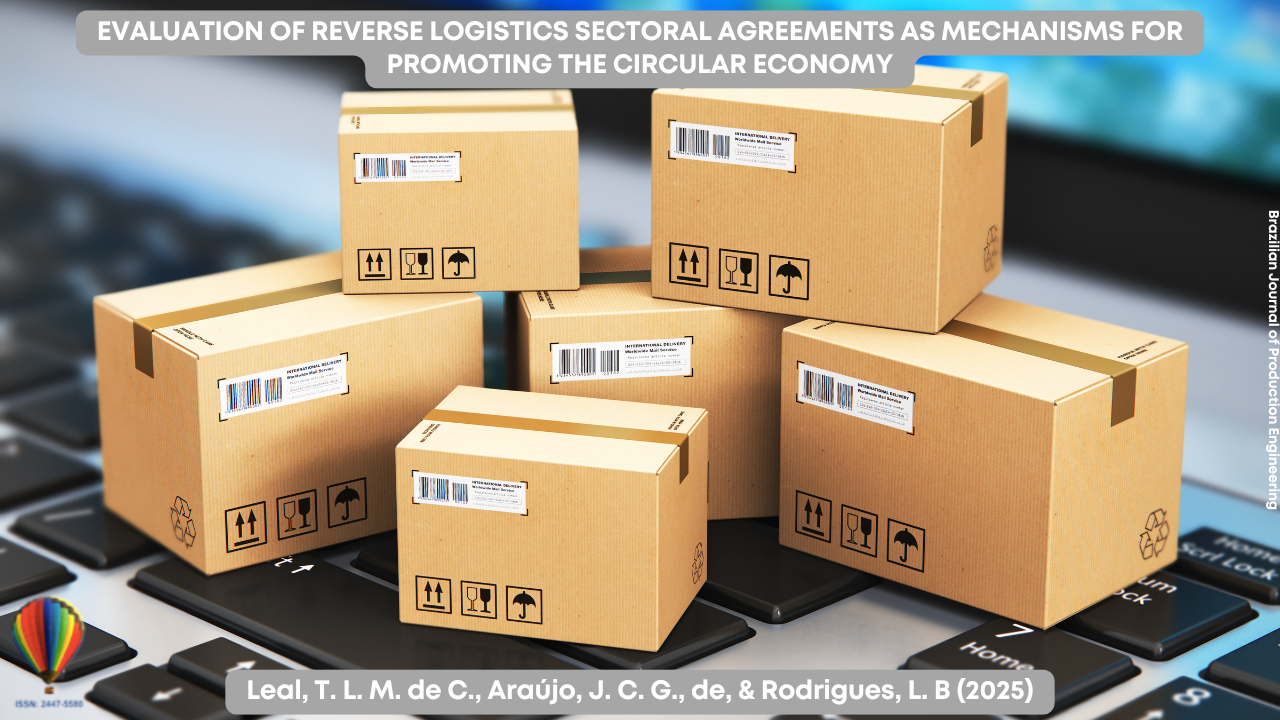
Downloads
Publicado
Edição
Seção
Licença
Copyright (c) 2025 Thomas Leonardo Marques de Castro Leal, Janaina Cajé Guerra de Araújo, Luciano Brito Rodrigues (Autor)

Este trabalho está licenciado sob uma licença Creative Commons Attribution 4.0 International License.

Todos os trabalhos publicados na Brazilian Journal of Production Engineering (BJPE) estão licenciados sob a Creative Commons Atribuição 4.0 Internacional (CC BY 4.0).
Isso significa que:
-
Qualquer pessoa pode copiar, distribuir, exibir, adaptar, remixar e até utilizar comercialmente os conteúdos publicados na revista;
-
Desde que sejam atribuídos os devidos créditos aos autores e à BJPE como fonte original;
-
Não é exigida permissão adicional para reutilização, desde que respeitados os termos da licença.
Esta política está em conformidade com os princípios do acesso aberto, promovendo a ampla disseminação do conhecimento científico.



2.png)
